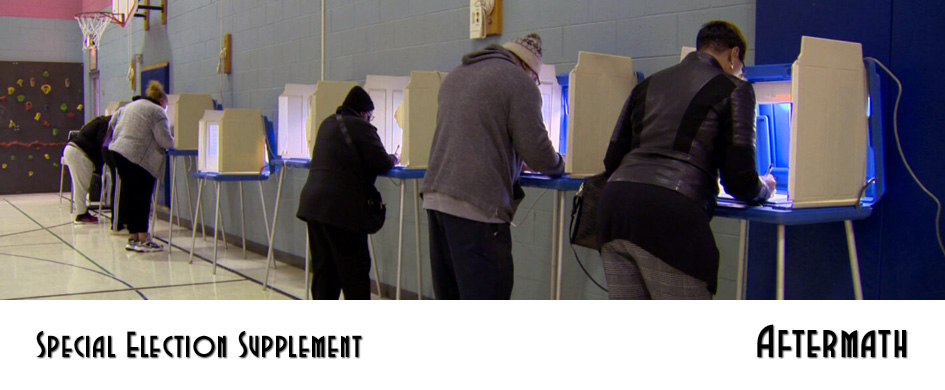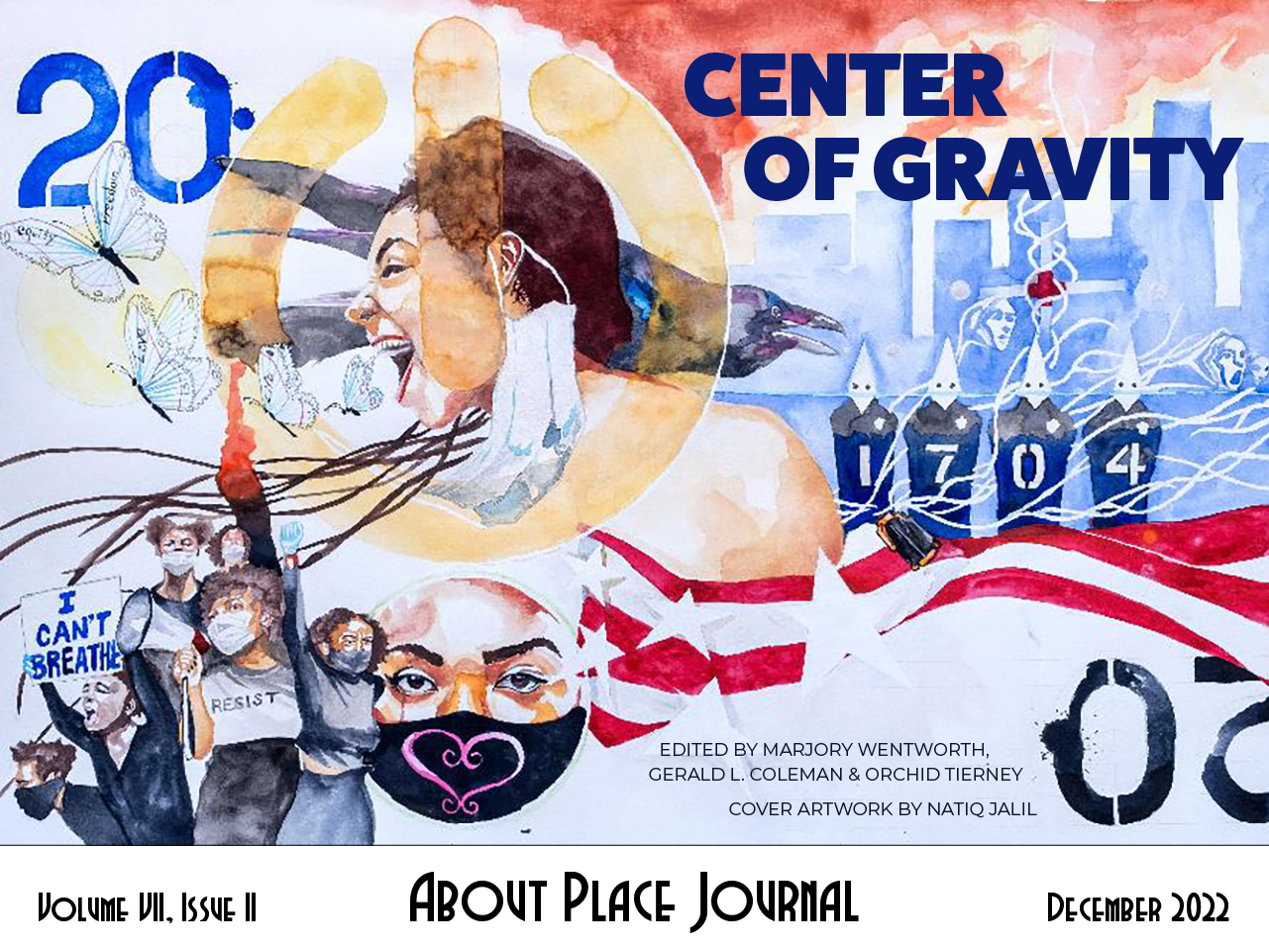Watching the election results come in Tuesday night, I felt a dyspeptic combination of relief, disappointment, puzzlement and annoyance. Relief because many hawkish Trumpsters and election deniers were losing, including Kari Lake in Arizona (as of this writing), Pennsylvania’s Wizard of Oz and others. It’s a relief to see Trumpism in slow retreat. Who would have expected it to go down not with a shout but a whimper? Relief, too, that the tidal wave of red that Republican leaders and pundits predicted would overwhelm us didn’t happen. And gratifying to see that most voters want to preserve something of our democracy and keep thugs out of our capital and election deniers out of office.
But it was disappointing to watch charlatan J.D. Vance and football star Herschel Walker perform so well, both of whom are as unqualified to hold public office as Donald Trump was, both beneficiaries of an electorate that too often doesn’t distinguish between celebrity and proven ability. It doesn’t occur to them that it is as foolish to put your faith in an inexperienced sports star to determine public policy as to go to a carpenter for heart surgery. How disappointing, too, that Republicans will likely control the house. This portends that nothing will get done in a divided and contentious Washington, including legislation on climate change, the most existential threat ever to face humanity. Two more years lost of the little time we have left to take action if we hope to avoid absolute disaster.
I am perennially bewildered by an American electorate that changes its mind every two years and can’t seem to decide what it wants. Or becomes impatient when what it wants isn’t instantly delivered. We are a nation of demand feeding infants who are always hungry. When the economy goes sour, voters want to blame someone, and government is an easy target. Independents, I fear, are particularly guilty of this. They expect government to fulfill their every wish. To hell with it if it can’t. Those who demand that government delivers prosperity and economic security don’t understand how the economy works. Presidents and political parties have little say over its performance, which is determined by megaforces beyond their control: like the pandemic and war in Ukraine today, tempestuous markets and higher interest rates, inflation, employment, and corporate greed (the government doesn’t gouge at the pump, oil companies do). Consumers and The Fed have more impact on the economy than politicians do—with the rare exception of Herbert Hoover and FDR.
It’s little wonder that Putin, the Chinese, Iran and other adversaries see us as fickle and wishy washy. We are. Many voters don’t seem to realize that you can’t veer back and forth from one belief to another and get anything done. They like Joe Biden one week and dislike him the next. They seem incapable of handling disappointment and frustration. To autocrats who pursue their goals with consistent fervor, our inconsistency seems like weakness, and they feel emboldened to test us.
Many Americans also don’t appear to understand politics. Elections aren’t beauty or personality contests; they are about determining public policy. Cults of personality have no place in them (as in Trump’s America and authoritarian regimes like Putin’s Russia and Baby Fat’s North Korea). Sensible voters support agendas not candidates. Vote for someone you like, sure, but only if they share your goals, values, and political philosophy. To vote for a candidate for any other reason is pointless. To vote for one who doesn’t work in your best interest is oxymoronic. Why do so many blue collar voters today vote for the boss’s party, the party of big money and low taxes on corporations and the wealthy, limited health care, and a safety net that’s riddled with holes, and for that fat cat narcissistic bully Donald Trump who looks sideways at them? His is the message of all autocrats: Thou shalt have no other gods before me. I’m afraid we’re seeing what LBJ predicted would happen after Democrats enacted the Voting Rights Act: they would lose working class white America for a generation (sadly it’s been more than that). It is, in short, racism.
I have never agreed (not since I was 21 anyway) with ideologues who seek the perfect at the expense of the good—and invariably fail to achieve it. Politics is, after all, the rather artless art of the possible. Not the poet’s art or the philosopher’s or the dreamer’s but the quotidian art of the pragmatist, the art of compromise. I’m not talking about idealists like Martin Luther King, Eleanor Roosevelt, and Mahatma Gandhi. They understood very well that if you want to advance your cause, you must take what you can get. You can’t expect that you will get it all. In the gritty halls of governance purists don’t fare well. Governance is a dirty business.
Split ticket voting baffles me, too. If you support a Democratic agenda you should consistently vote for Democrats so they can get things done. After all, it’s partly a numbers game. The same is true, of course, for Republicans, who seem to understand this better than Democrats do. Party loyalty above all. It’s partly why the minority party often performs far above its weight class. Some day, I hope, Democrats will embrace John Fetterman’s brand of populism: “Every county, every vote.” No one should be overlooked.
So we will muddle on: two more years of stalemate and acrimony. Sadly, what else is new?


